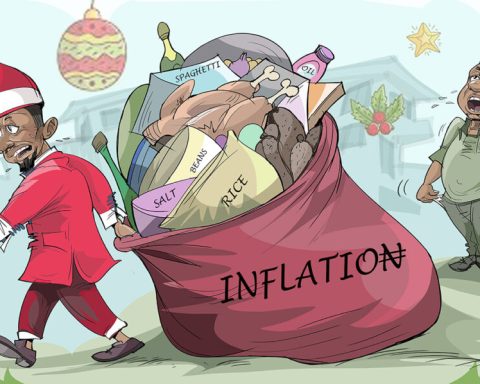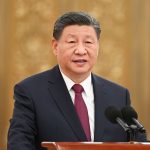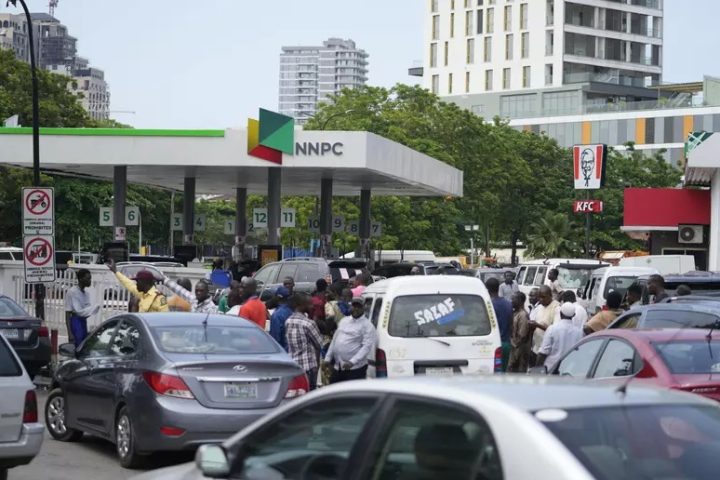The Financial Times of London (FT) has stated that although President Bola Tinubu moved quickly to raise expectations after taking over the reins of government, there are signs of things going awry in the Nigerian economy four months down the line.
It stated that while the President started off with a bang by removing fuel subsidy and floating the Naira, Nigeria’s economic reforms now need to regain momentum. This was the crux of FT’s editorial published days ago, which also noted that following the June signal that banks could bid freely for foreign currency, the Naira depreciated nearly 30 per cent, pushing inflation to an 18-year high of nearly 26 per cent.
READ ALSO: Economy: World Bank Urges Nigeria To Revamp Macroeconomic Management For Growth
“In removing a costly fuel subsidy and in shifting towards a market-driven exchange rate, which has sharply weakened a previously overvalued currency, he has gone some way towards persuading investors he is serious about reform. But four months into his presidency, there are signs of things going awry,” it said.
Prime Business Africa recalls that Tinubu had in his inauguration speech on May 29, declared that oil subsidy is gone. This is as the preceding government of Muhammadu Buhari spent $10 billion in 2022 alone to make the pump price of petrol affordable to Nigerians.
The Financial Times lauded Tinubu’s removal of fuel subsidy which according to it essentially revoked the licence for middlemen and crooks to profit from arbitrage involved with importing refined crude oil. It however stated that Tinubu has not done enough to explain the “rationale of a policy that, to many Nigerians, seems like the withdrawal of the only thing the state had ever done for them.”
Noting that with fuel subsidy removal, the Nigerian government is $10billion better off, FT tasked the Tinubu administration to explain how it is going to use the savings to improve the lives of Nigerians. “It could make direct payments to the most vulnerable or set out plans to bolster public services such as health and education. So far, it has been silent,” it observed. “As petrol prices rise, millions of people – already under pressure from rising food prices – are having to walk miles to work.”
The editorial further pointed out that the manner in which the former Governor of Central Bank of Nigeria (CBN), Mr. Godwin Emefiele, was removed from office was odd and smacked of political revenge. While noting that Emefiele’s removal was overdue, it described the changes Tinubu carried out at Nigeria’s central bank as half-cooked.
“The removal of Godwin Emefiele, the previous governor, was overdue. But its manner, initially via a charge of firearms’ possession, was odd and smacked of political revenge. More substantively, the new exchange rate regime has yet to be properly explained,” read the editorial in part.


















Follow Us